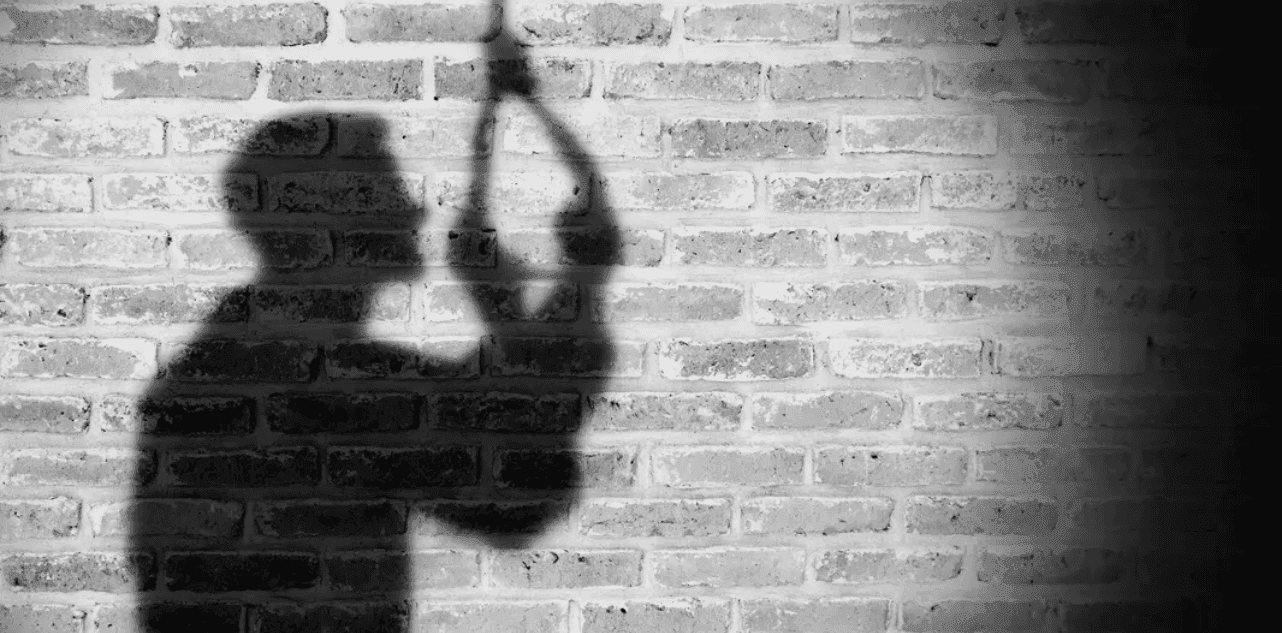Monday 16 February 2026
When Silence Becomes Deadly: Ghaziabad Tragedy Reveals the Hidden Price of Terminal Illness
Share

In a surprising twist of fate, which has left the entire neighborhood in shock, 46-year-old real estate agent Kuldip Tyagi is believed to have killed his wife, Anshu Tyagi, and then led her to the grave by taking his own life at their house in Raj Nagar Extension. The couple's two sons and Kuldip's elderly father were at home when the tragedy struck.
Police went to the house on a call from a relative. There, they discovered the victim's own suicide note, the licensed gun, and what was left of a desperate struggle with the self.
Kuldip's final letter had indicated that he had been diagnosed with cancer. Rather than breaking the news to his family members, he had kept it to himself, perhaps because he did not want to give them a burden both financially and emotionally. He justified in the letter that he did not wish his family members to incur hospital fees. More ominously, he justified that he and his wife had understood that they would spend their life and death together.
The letter also requested that they were apologizing friends and family members, stating this was not an impulsive move but one measured and thought out of unseen suffering.
Though the Tyagis' story is extremely tragic, it is far from unique. Research all over the world has repeatedly confirmed that life-threatening illnesses like cancer are as much a psychological test as physical. Patients with most health problems, particularly patriarch or traditional family lineage patients, do not easily shed their tears. Mental illness is still something of a stigma, and men above all need to present a picture of toughness and mastery.
When such a delusion is faced with a terminal diagnosis, disintegration inward may be abrupt and total. Kuldip's not informing his wife of his status can be denial, fear, or an elemental principle that silence is strength.
Families and communities need to do their part, too, as radical change is required in the system. Recognizing emotional distress—withdrawing, acting strangely, avoiding—can prompt loved ones to step in sooner, by the way. Talking about illness, feelings, dying, as uncomfortable as it will be, can be lifelines.
Small things, too—checking in more often, making time to talk, urging professional intervention—can be lifesavers.
Newsletter
Stay up to date with all the latest News that affects you in politics, finance and more.